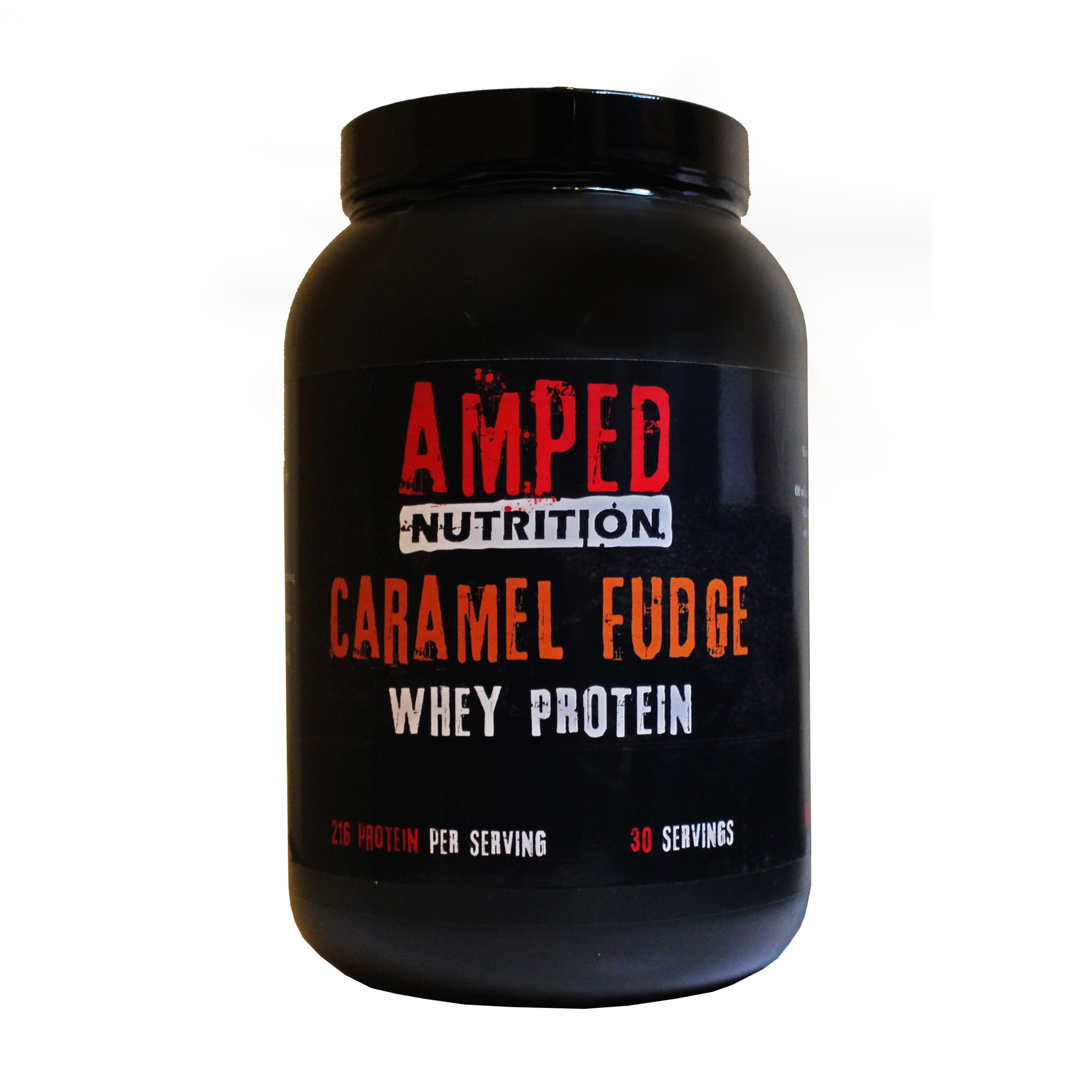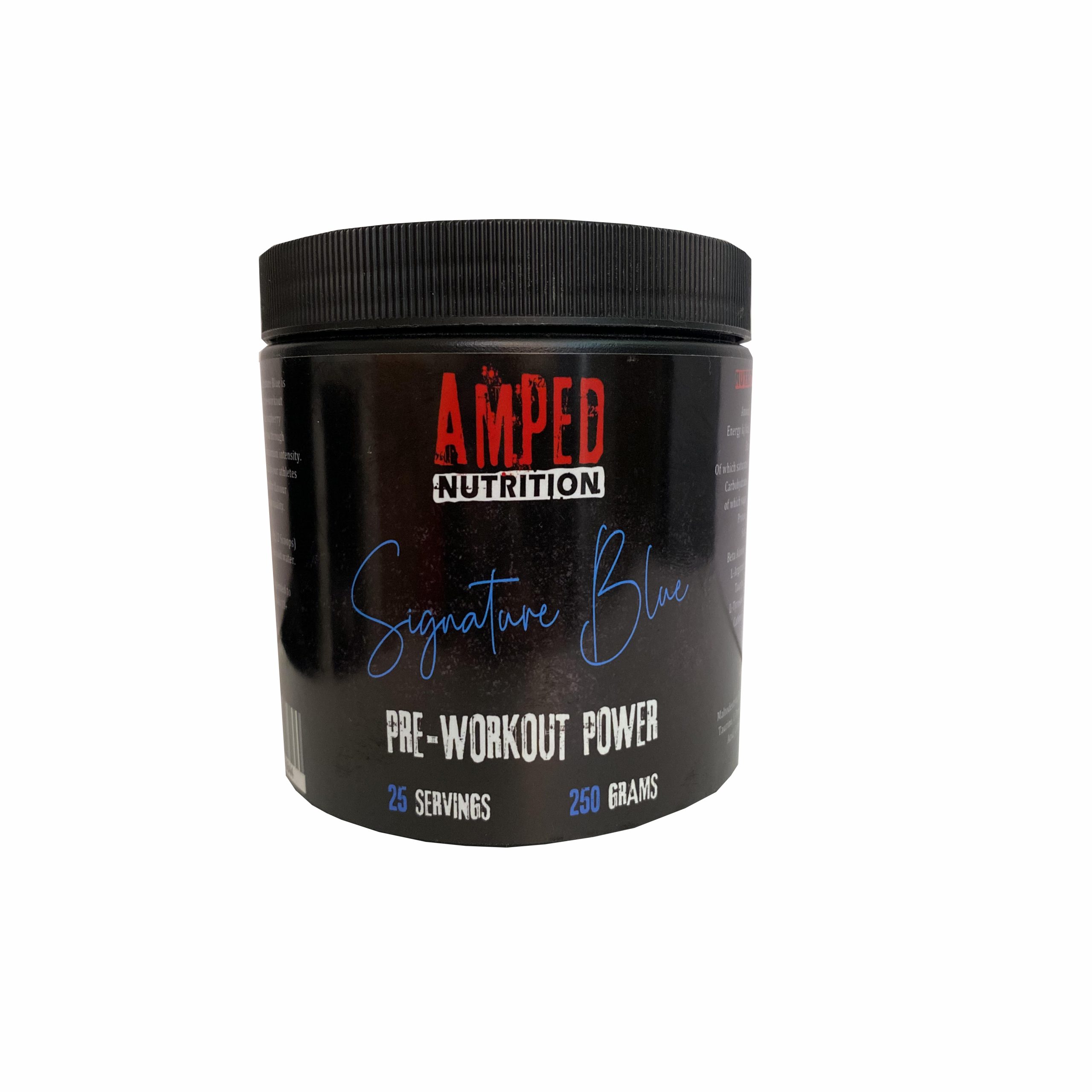Whey protein has long been hailed as a staple in the world of fitness and bodybuilding, but its benefits extend far beyond the gym. Derived from milk during the cheese-making process, whey protein is a complete protein source containing all essential amino acids necessary for muscle growth and repair. In this article, we will delve into the unique properties and advantages of whey protein, shedding light on its impact on muscle development, overall health, and dispelling common misconceptions.
Understanding Whey Protein: Whey protein is a byproduct of the cheese-making process. It is obtained when the liquid portion of milk separates from the curds. This liquid, which contains a high concentration of proteins, is processed and dried to form whey protein powder. Whey protein is rapidly absorbed by the body, making it an ideal choice for post-workout recovery.
Muscle Building Benefits:
- High-Quality Protein Source: Whey protein is considered a complete protein as it contains all nine essential amino acids that the body cannot produce on its own. These amino acids play a crucial role in stimulating muscle protein synthesis, the process by which muscles repair and grow following exercise. Consuming whey protein ensures an ample supply of these essential amino acids, supporting optimal muscle development.
- Rapid Absorption and Bioavailability: Whey protein is quickly absorbed by the body, allowing for rapid delivery of amino acids to muscle tissue. This rapid absorption makes it an ideal post-workout supplement to initiate muscle recovery and kickstart the repair process. Additionally, whey protein has high bioavailability, meaning that a large proportion of the protein consumed is effectively utilized by the body.
- Leucine Content: Leucine, an essential branched-chain amino acid abundantly found in whey protein, plays a pivotal role in muscle protein synthesis. It acts as a key signaling molecule, initiating the process of muscle repair and growth. Whey protein’s rich leucine content ensures that the body has an adequate supply of this essential amino acid to maximize muscle-building potential.
- Weight Management Support: Protein is known for its satiating effect, helping to curb appetite and promote feelings of fullness. Incorporating whey protein into a balanced diet can aid in weight management by reducing overall caloric intake and preserving lean muscle mass. This can be particularly beneficial for individuals looking to lose body fat while preserving muscle mass.
Debunking Myths:
- Whey Protein is Only for Bodybuilders: While whey protein has long been associated with bodybuilders, its benefits extend to individuals of all fitness levels. Whether you’re an athlete, fitness enthusiast, or simply looking to support your overall health, whey protein can provide a convenient and efficient source of high-quality protein.
- Excessive Protein Intake is Harmful: There is a common misconception that high protein intake, including whey protein, can be detrimental to kidney health. However, numerous studies have shown that consuming whey protein within recommended dosages is safe for individuals with healthy kidney function. As with any dietary supplement, moderation is key, and it is advisable to consult with a healthcare professional to determine individual protein needs.
- Whey Protein Leads to Bulky Muscles: Some individuals, particularly women, fear that consuming whey protein will cause excessive muscle growth and result in a bulky physique. However, building significant muscle mass requires a combination of intense training, specific hormonal conditions, and a caloric surplus. Whey protein alone will not cause bulky muscles unless accompanied by a targeted training and nutrition plan.
Conclusion: Whey protein stands as a versatile and highly effective supplement for individuals seeking to optimize muscle development, support post-workout recovery, and maintain overall health. Its role in promoting muscle






